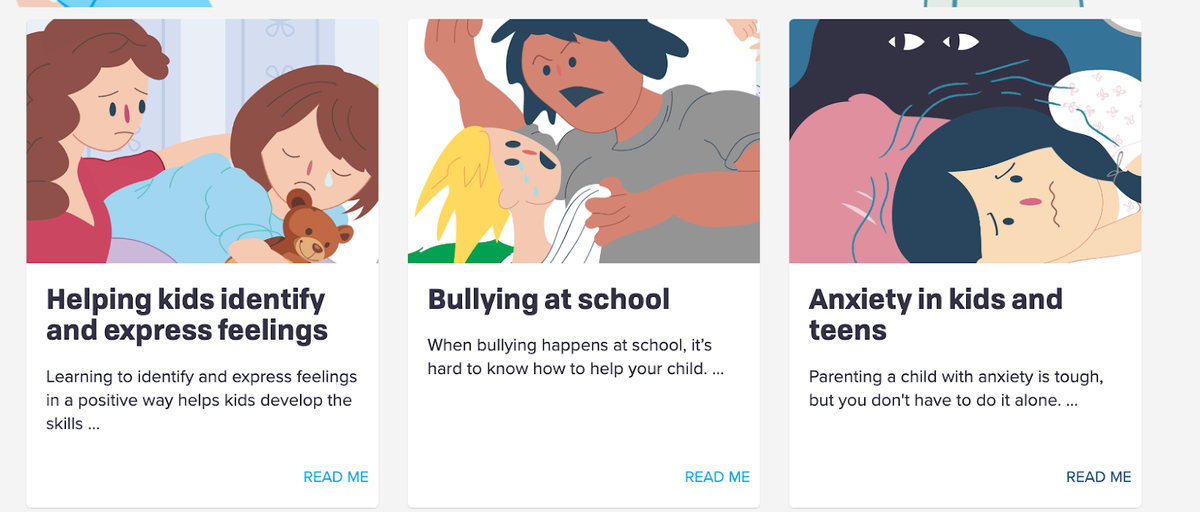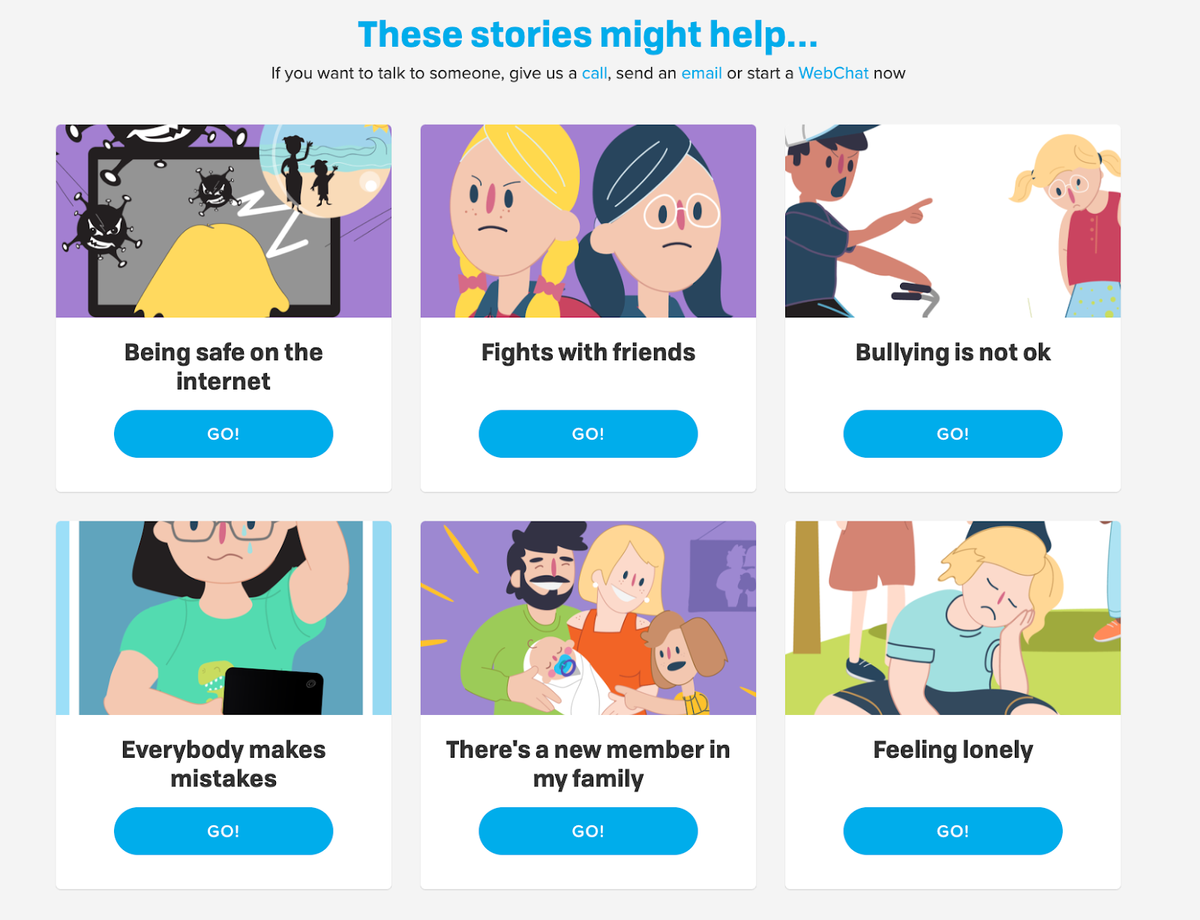Respectful Relationships

What is happening in the classrooms for the rest of the term?
Help Seeking
Children can experience all kinds of challenges as they grow and develop. The help-seeking behaviours of children are fundamental to their mental health and wellbeing. Encouraging and fostering help-seeking behaviours is one way to improve mental health and wellbeing. It is important to work with students to make sure they are aware about help-seeking avenues and are confident to seek help from an appropriate source when needed.
Foundation
The aim of the Foundation program is to;
- Identify people and situations with which they feel a sense of belonging
- Identify situations that feel safe and unsafe
- Identity when and from whom help can be sought
- Discuss the importance of seeking help when problems are too big to solve alone
- Practise seeking help from adults and peers.
Years 1/2
Students in Years 1/2 will complete activities to assist students to;
- Practise solving simple interpersonal problems
- Identify ways to care for others, including ways of making and keeping friends
- Discuss the importance of seeking help when dealing with problems that are too big to solve alone
- Practise seeking help from adults and peers.
Years 3/4
Activities will assist students to:
- Identify communication skills that enhance peer support and help-seeking
- Identify a range of conflict resolution and help-seeking strategies to negotiate positive outcomes to problems
- Discuss the concept of leadership and identify situations where it is appropriate to adopt this role
- Describe and apply strategies that can be used in situations that make them feel uncomfortable or unsafe.
Years 5/6
Lesson focus will be to;
- Identify situations in which they should seek help in working through problems
- Identify a list of trusted people to seek out when needing help
- Normalise and de-stigmatise help-seeking behaviour
Kids Helpline is Australia's only free, private, and confidential 24/7 phone and online counselling service for young people aged 5 to 25. Counselling is currently offered by phone, Webchat, and email, but we’re constantly expanding and new ways of contacting us will soon be available.
Apart from counselling they offer a wonderful range of resources to offer advice in many different circumstances for both students and parents.
Here is a sample of how Kids Help Line can help parents.
Here is a sample of a few stories for Kids 5-12 .




